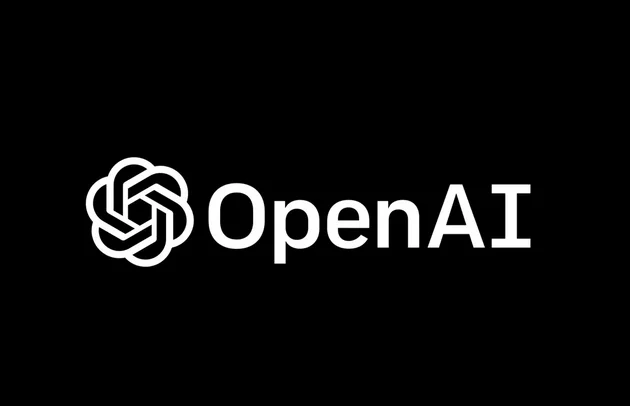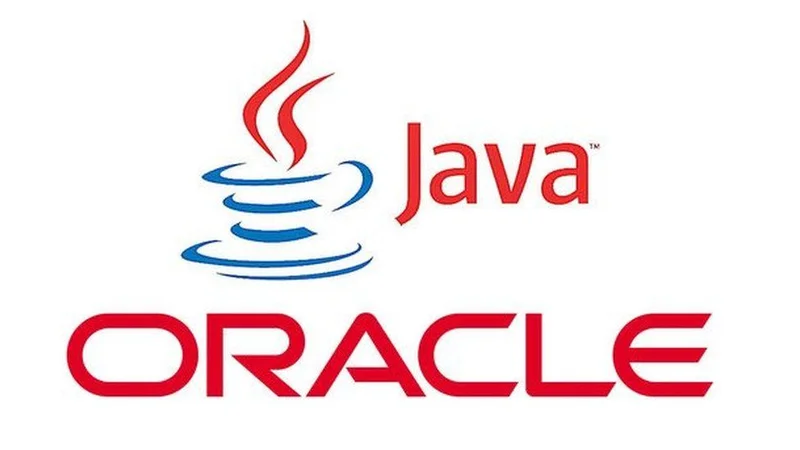You might think that we would always be in favor of open sourcing code from inside your organization. But sometimes releasing code under an open source license can end up causing more harm than good.
Read More ⟶Every OSPO we are working with is being asked to help with AI issues. A well-functioning OSPO already has the cross-disciplinary legal and technical resources to understand and advise on AI issues. As an open source leader in your company, though, AI is a big opportunity to move from being reactive to proactive, from a compliance focus to a strategic focus.
Read More ⟶Meta recently released the LLaMA 2 language model. In several places they said it was "open source." It's not. But it has a fairly permissive commercial license that is driving a lot of interest, including among OSPOs.
Read More ⟶The biggest name in AI right now is OpenAI. With its wildly popular ChatGPT, GPT-3 and GPT-4, and Codex products, OpenAI has most of the buzz. But before you use any of its tools, make sure you are read OpenAI's terms of use.
Read More ⟶One hot topic that keeps coming up with our clients is how to deal with AI models and their associated licenses. Many ML model licenses are inspired by open source licenses, so OSPOs are being brought in for their expertise. Today's topic is how to think about licensing out your own models and datasets if you want to encourage collaboration, but possibly preserve competitive advantage.
Read More ⟶Software licenses can unexpectedly change from version to version. The latest to change is Java, and Oracle is asking for companies to pay up.
Read More ⟶Most open source companies can be categorized into five main business models. In part one we reviewed the Ketchup Model and the Dual License Model. In this part, we review the Proprietary Crust Model, the Infrastructure Model, and the Adjacency Model.
Read More ⟶Many companies have embraced open source to make money and create value. From these efforts, five main business models have emerged for successful open source companies.
Read More ⟶Companies tend to increase their use of open source in a recession. Paradoxically, they also tend to cut their open source program personnel. It is more important than ever to tie the work your OSPO does to the financial health of your organization.
Read More ⟶Each year the Open Source Initiative sponsors a survey about open source usage across multiple industries. The 2022 report provides a good way to compare your use of open source with many industry peers. We took a look at the report to provide a few highlights.
Read More ⟶One of the most common questions for businesses is how to create differentiation when building on or using open source code. The answer is that these days, your business differentiators usually aren't your code. It is all the things around your code that usually lead people to buy your products.
Read More ⟶This guide explains how organizations can build leadership and influence within the open source projects they’re involved in and on which they are commercially dependent. Learn about leadership culture and roles within a project, how decisions are made, how an organization can build leadership, and tips for being a good leader in open source communities.
Read More ⟶Open source development requires a different approach to software engineering than many organizations are accustomed to. It becomes easier if you have a clear plan to follow. Fortunately, many companies and individuals have already forged a path to success by contributing to significant open source projects in strategic ways. This practical guide will help you and your company improve your internal development process and prepare you to contribute to the open source projects that matter most to your company.
Read More ⟶Open source program managers must demonstrate the ROI of their efforts. This guide provides an overview of some of the standard ways that organizations evaluate their open source programs, projects, and contributions. Learn what to measure, how to define success, and how to best use this information to advance your open source program objectives, demonstrate effectiveness, and gain support.
Read More ⟶











